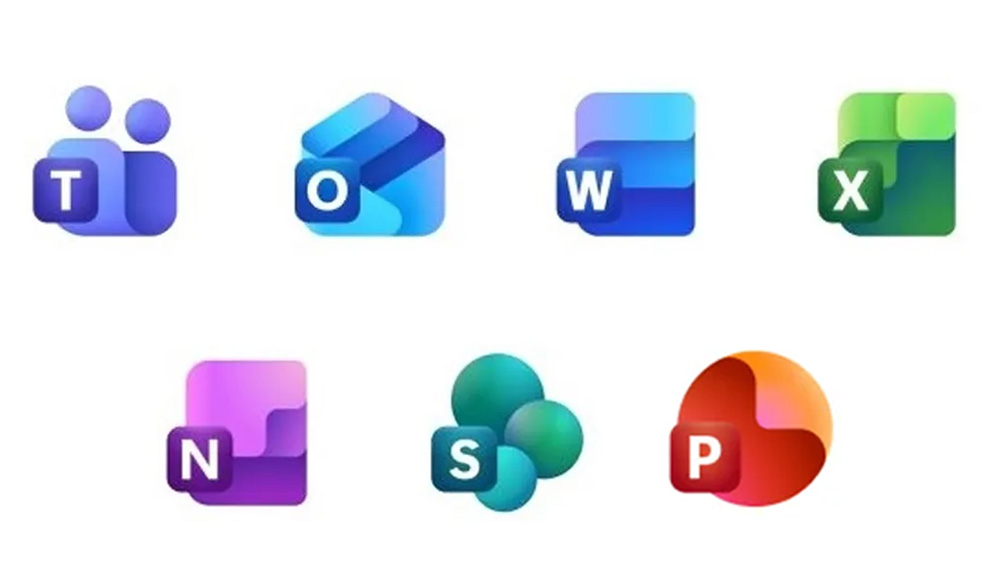Kava's Co-Founder Discusses Successful Transition from DeFi to AI Amid Market Challenges

Kava Labs co-founder Scott Stuart recently shared insights into the company's strategic shift from decentralized finance (DeFi) to decentralized artificial intelligence (AI) during an interview with CoinDesk. He elaborated on how this pivot has enabled Kava to outperform many AI tokens in a fluctuating cryptocurrency market.
Stuart expressed confidence in the long-term viability of AI tokens, asserting that they are not merely passing trends like non-fungible tokens (NFTs). He remarked on the sporadic successes and significant failures of various AI projects, stating, "We had this first AI wave, but that wave was projects like Fetch saying, 'We're going to do a merger,' but producing nothing from it, or projects like Virtuals or AI16z, initially doing well, then dropping off by 80% or 90%. It was an unhappy outcome." His commentary highlights the unpredictability and risks associated with emerging technologies.
Market data underscores Stuart's concerns, revealing that since the beginning of this year, the Virtuals Protocol token has decreased in value by nearly 85%, while Fetch.ai's native token, FET, has seen a decline of around 60%. In contrast, Kava's token, KAVA, has shown remarkable resilience, only down about 5%. This performance notably surpasses the CoinDesk 20 market index, which has experienced an overall drop of 29%.
Kava was not originally an AI-focused project; it began its journey as a Cosmos-based DeFi platform. However, amid a landscape of ongoing consolidation in the cryptocurrency market, the company recognized the need to differentiate itself. Consequently, Kava transitioned to decentralized AI, launching an array of innovative products including the Kava AI platform, a marketplace for AI solutions, and a blockchain-native chatbot similar to ChatGPT, powered by the DeepSeek's R1 large language model. Additionally, they introduced an autonomous AI agent named Oros and developed decentralized GPU infrastructure to support these advancements.
Stuart explained that the pivot to decentralized AI was crucial as altcoins are increasingly challenged in a market that demands a compelling narrative. He emphasized the clarity and unique value proposition that decentralized AI offers, stating, "Unlike speculative bubbles such as NFTs, decentralized AI's fundamental utility ensures its resilience. NFTs or similar trends are essentially memes built on top of memes. Anything that's beta to meme coins will inevitably rise and fall with hype cycles." This perspective provides a nuanced understanding of the potential for sustainable growth in the AI sector.
The Kava Labs team is committed to building a decentralized AI infrastructure characterized by audibility, transparency, and open-source principles. Stuart pointed out that this approach not only sets Kava apart from other projects but also highlights the companys commitment to transparency in the rapidly evolving technological landscape. He stated, "When you look at AI as a technology, it's just another way for corporations to present you information. With OpenAI, there's a secret sauce component, and at any point in the future, they can tweak that model to serve you what they want."
Stuart's concerns are echoed by other industry experts. In a previous conversation with CoinDesk, Simon Kim, CEO of Hashedthe leading web3 fund in South Koreaexpressed similar worries about the opacity of closed-source AI systems. He likened these systems to a 'God' machine whose inner workings are shrouded in mystery, yet they have become essential to societal structure.
In stark contrast, Kava Labs advocates for an "open-weight" methodology, enabling anyone to verify AI model parameters much like the transparent smart contracts utilized by Ethereum. This approach aims to eradicate concerns associated with black box algorithms that could be manipulated without oversight. Stuart understands the growing regulatory emphasis on AI transparency as a strategic interest for the United States and sees an opportunity to construct a decentralized AI infrastructure that is proudly 'made-in-the-U.S.A.' and financed through open-source initiatives.
Reflecting on the political climate, he noted, "During the last administration, the trend was toward offshoring everything. Now it seems they're serious about reversing that, and we're using this shift as an opportunity to strengthen U.S.-based infrastructure." This initiative suggests a potential renaissance in the American tech landscape, with Kava at the forefront of this transformation.
Stuart concluded with a vision for the future, stating, "The future of AI isn't corporate-controlled. It's open, transparent, and decentralized. Kava aims to lead this transformation." This declaration encapsulates the company's mission as it seeks to redefine the relationship between technology, transparency, and user agency in the burgeoning AI landscape.

























